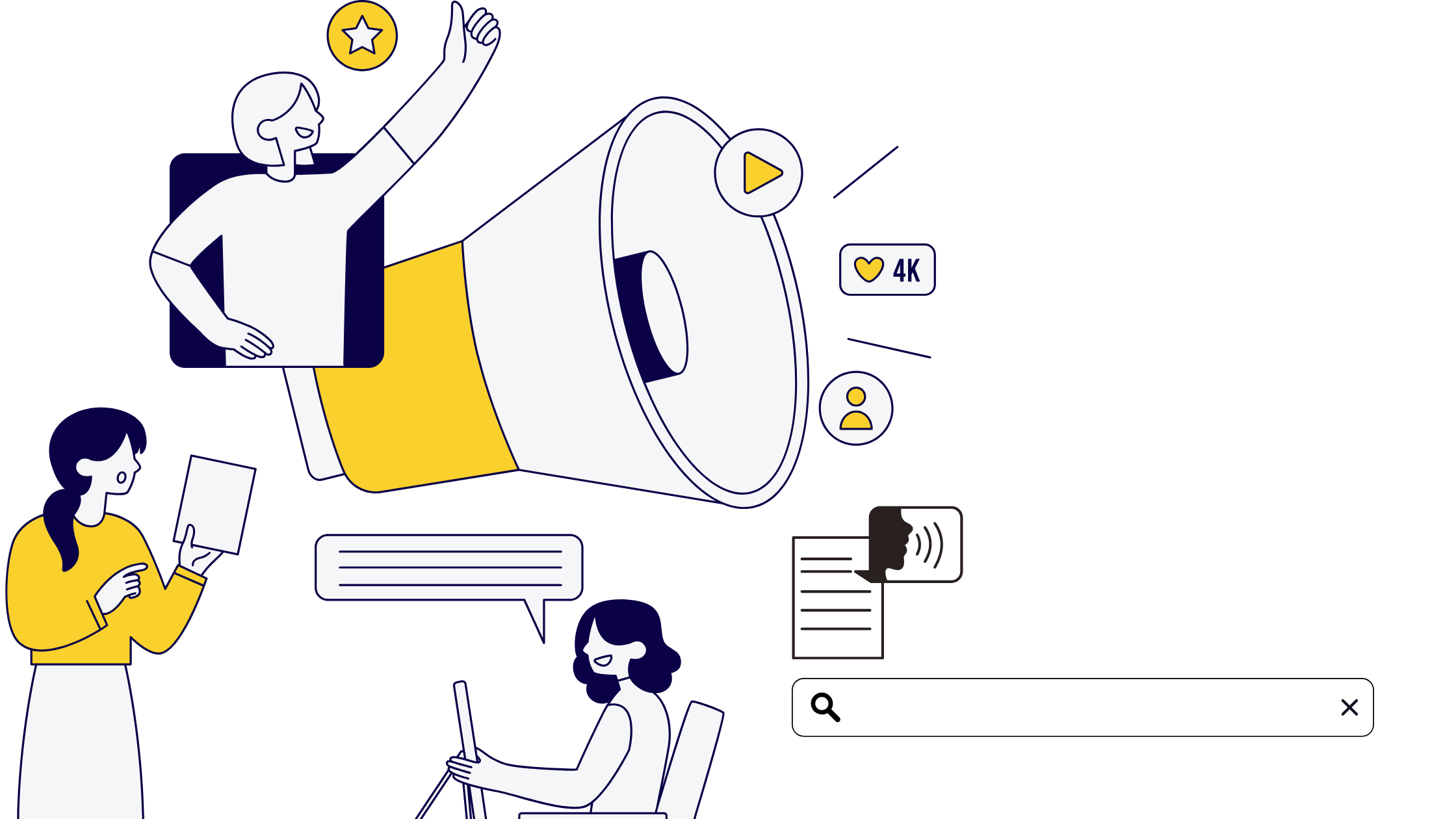Just like customer research is important when you build a business or take over a client’s digital marketing, content analysis is just as important. Customer research and content analysis go hand in hand and are the basic foundation for increasing business through digital marketing. The data obtained through analysis can be used to measure the occurrence of certain words, phrases, subjects or concepts in a set of historical or contemporary texts.
What is content analysis?
Content analysis is a research method used to identify customer behaviour and common patterns in past communication. The content on a website is obviously one of the most important things you should optimise, to allow search engines and incoming traffic know about your business.
After thorough content research, you can now make deductions on what your target customers are searching for, and choose those keywords which you can now use in your SEO strategy.
Using the information in the content provided, the search engine understands what your site is all about and shows this information in the results for the relevant keywords.
It is really important to have all settings set up perfectly because you need to persuade visitors to click on your website link.
Terms to remember for content marketing
301 Redirect - Permanent way to redirect a page
AdWords - Google’s keyword research tool
Anchor text - Hyperlinked text
Your hyperlinked text should always be concise and relevant to the page you’re linking to, as well as to your own site. This helps search engines see how people understand your content. So whenever you link internally, or when you ask partners to link to your website, you want to be sure the anchor text is a relevant keyword or phrase.
Authority - Calculated credibility
H1 tag - Breaking up content into sections and subsections helps search engines to determine what the major and minor points are. This also improves user experience for readers who are more likely to skim through your content than reading it word for word.
Keyword Density - % related keywords
Landing Page - The first page someone lands on when they get to your site. This could be chosen by you and should not necessarily be your home page.
Long Tail Keyword - 3-4 keyword phrases which are very, very specific to what your business is about. The more specific the phrase, the more targeted the audience and more likely they are to convert when they get to your site.
Meta Description - A brief summary of your article that appears under main headline in search results page. It is like a preview to your content, and should be the most exciting bit of it all. Meta descriptions should be short and upto 160 characters or less to optimise for mobile.
Organic traffic - Traffic that comes to your site via search and not paid traffic
SEM - Search Engine Marketing
SEO - Search Engine Optimization
SERP - Search Engine Results Page
Sitemap - A list of all your site’s URLs in XML file form.
Advantages of Content Analysis
Database Acquirement
Your presence as a researcher doesn’t influence the results and the data you collect can be used in the long run. You can analyse communication and social interaction without the direct involvement of participants. The results won’t be affected by your presence as a researcher.
Transparent and replicable
If done the right way, your content analysis will follow a detailed procedure that can easily be replicated by other researchers, yielding results with high reliability.
Highly flexible and at no cost
A good content analysis can be conducted at any time, and anywhere, at a very low cost – all you need is access to fast internet and the appropriate sources.
With the right content analysis report, SEO analysis will become much easier.







